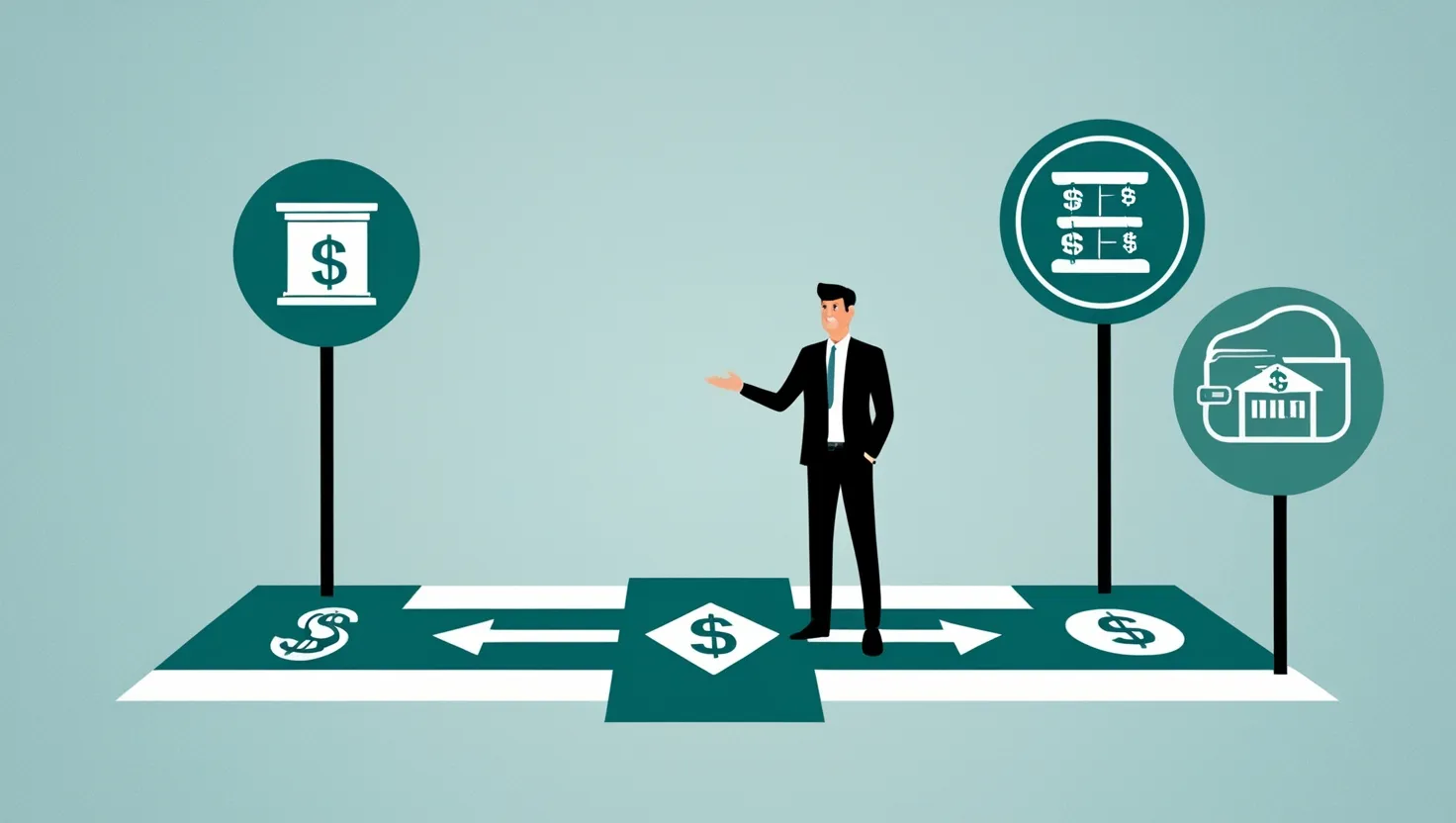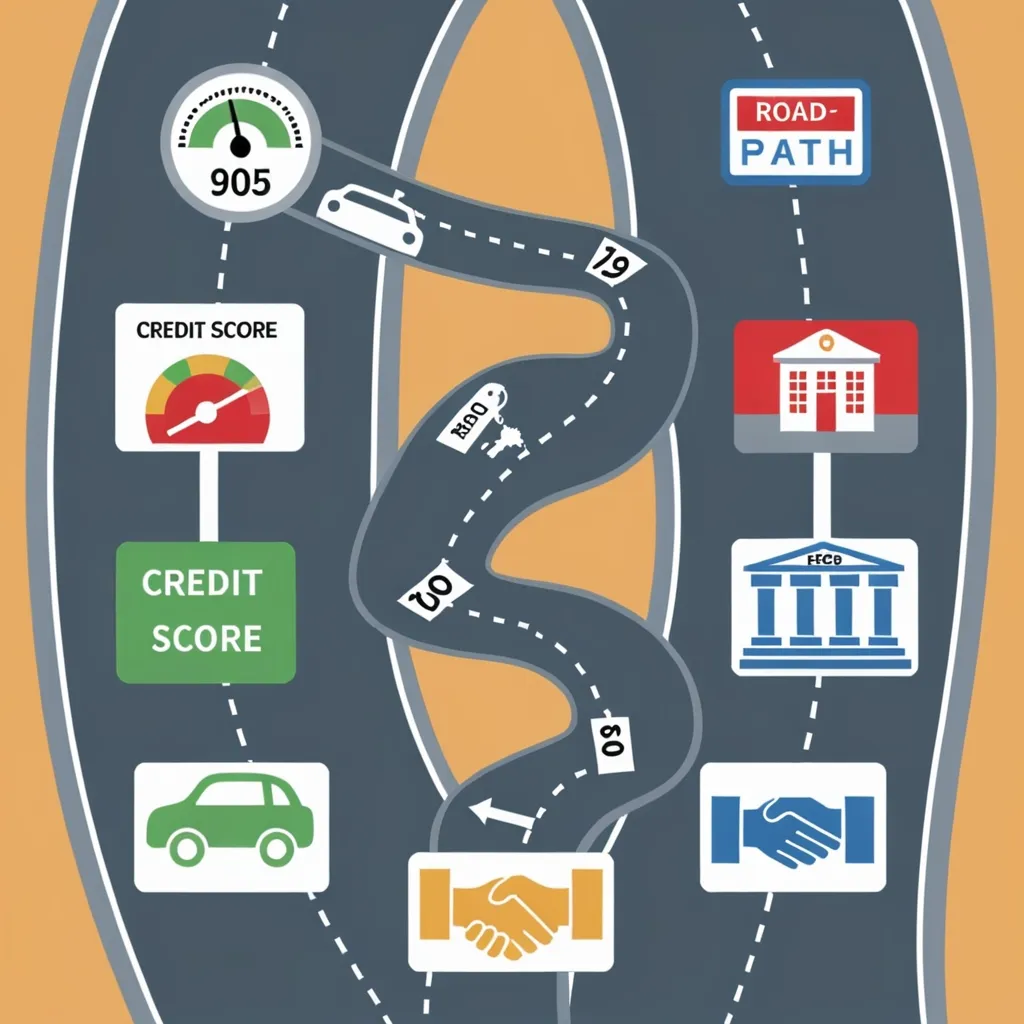The AI Revolution in Finance: Chatbots and Automated Trading Systems
Hey there, finance enthusiasts! Ever wondered what it would be like to have a personal financial advisor at your beck and call, 24/7? Well, thanks to the AI revolution in finance, that’s not just a pipe dream anymore. Let’s dive into how AI is shaking things up in the world of money management, from chatbots that never sleep to trading systems that might just outsmart the pros.
Picture this: You’re lying in bed at 2 AM, suddenly remembering you forgot to pay your credit card bill. Instead of panicking and losing sleep, you simply grab your phone and chat with your bank’s AI assistant. Within minutes, your bill is paid, and you’re back to counting sheep. That’s the power of AI financial chatbots, and they’re just the tip of the iceberg.
These smart little bots are like the Swiss Army knives of finance. They’re using fancy tech like natural language processing and machine learning to understand what you’re asking and give you personalized advice. It’s like having a financial whiz in your pocket, minus the pocket protector.
But it’s not just about convenience. These AI helpers are revolutionizing the way we interact with banks and manage our money. Gone are the days of waiting in endless phone queues or trying to decipher complex financial jargon. Now, you can get straight answers in plain English (or whatever language you prefer) at any time of day or night.
And get this - over 43% of folks in the US are now turning to these chatbots for customer service instead of dragging themselves to a bank branch. It’s no wonder, really. Who wants to waste their lunch break standing in line when they could be getting help while munching on a sandwich at their desk?
But AI in finance isn’t just about making life easier for us regular Joes and Janes. It’s also streamlining things behind the scenes. For example, if you’re looking to buy a house, AI chatbots can help you through the whole mortgage process. They can pre-qualify you for a loan, answer your questions about interest rates, and even help you figure out what to do if your application gets denied. It’s like having a super-knowledgeable real estate buddy, minus the cheesy blazer.
Now, let’s talk about the really exciting stuff - AI in investing and trading. Remember when only the big shots on Wall Street had access to fancy trading tools? Well, those days are over, my friend. AI is democratizing investing, giving everyday people access to tools that were once the playground of tech giants and hedge funds.
Imagine having a personal trading assistant that can execute trades based on specific criteria you set. You could tell it to buy a stock when it hits a certain price, or to sell if it drops below a particular level. It’s like having a tireless, emotion-free version of yourself watching the markets 24/7.
But wait, there’s more! These AI systems can run millions of simulations to assess how risky your investment portfolio is. They can stress test your investments, showing you how they might perform if the market takes a nosedive. It’s like having a crystal ball, but one based on hard data and complex algorithms rather than mystic mumbo-jumbo.
One of the coolest things about AI in trading is how it takes emotions out of the equation. We all know how easy it is to panic-sell when the market dips or get caught up in the hype of a hot new stock. But AI doesn’t get scared, excited, or greedy. It just follows the rules you set, helping you stick to your investment strategy even when things get rocky.
Looking ahead, the future of AI in finance is looking pretty bright. We’re talking about hyper-personalized services that don’t just react to your needs but anticipate them. Imagine an AI that knows you’re likely to overspend on payday and gently reminds you to transfer some cash to your savings account. Or one that notices you’re spending a lot on takeout and suggests some budget-friendly meal prep ideas.
In the investment world, AI is getting better at predicting market movements and managing risks. While there’s still debate about whether AI can consistently beat the stock market, some studies are showing promising results. One machine-learning model even outperformed traditional methods, earning an average monthly return of 2.71% compared to the conventional 1%. Not too shabby, right?
But it’s not just about making the rich richer. AI is also being used to bring financial services to underserved areas. It’s helping to make banking more accessible in places where traditional banks might not want to set up shop. It’s like Robin Hood, but instead of stealing from the rich, it’s spreading financial knowledge and services to everyone.
Of course, it’s not all sunshine and roses. There are some challenges to using AI in finance. For one, the effectiveness of AI trading bots is still up for debate. Some folks argue that when these bots succeed, it’s more down to luck than actual smarts. After all, the stock market is a complex beast with more mood swings than a teenager.
There’s also the issue of access. While AI is making investing more accessible, some of the really advanced tools are still out of reach for the average Joe. Things like high-speed internet connections and access to real-time market data can make a big difference in how well these AI systems perform.
But don’t let these challenges put you off. The AI revolution in finance is here to stay, and it’s changing the game in a big way. Whether you’re a seasoned investor or just starting to dip your toes into the financial waters, AI has something to offer you.
So, next time you’re thinking about your finances, remember that you’ve got a powerful ally in your corner. AI isn’t just a fancy buzzword - it’s your new financial buddy, ready to help you navigate the complex world of money management. Who knows? With AI on your side, you might just become the next Warren Buffett. Okay, maybe that’s a stretch, but hey, a little AI-assisted dreaming never hurt anyone, right?
In the end, embracing AI in finance isn’t just about keeping up with the times. It’s about taking control of your financial future, making smarter decisions, and maybe even having a little fun along the way. So go ahead, chat with that bot, try out that AI-powered investing app, and see where the future of finance takes you. Who knows? You might just surprise yourself with how savvy you can be with a little help from our AI friends.






